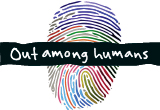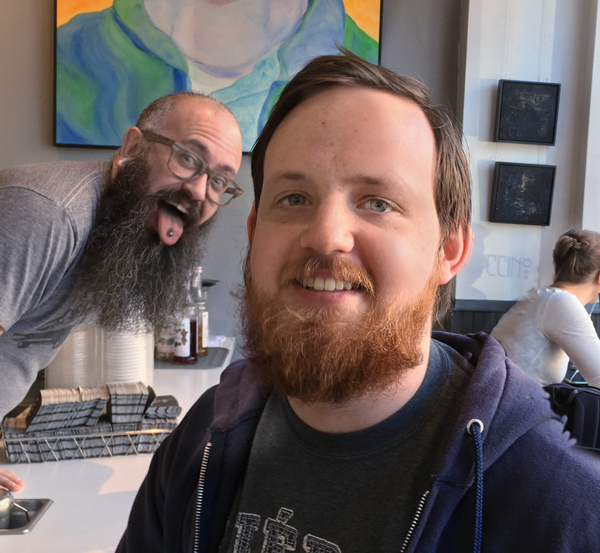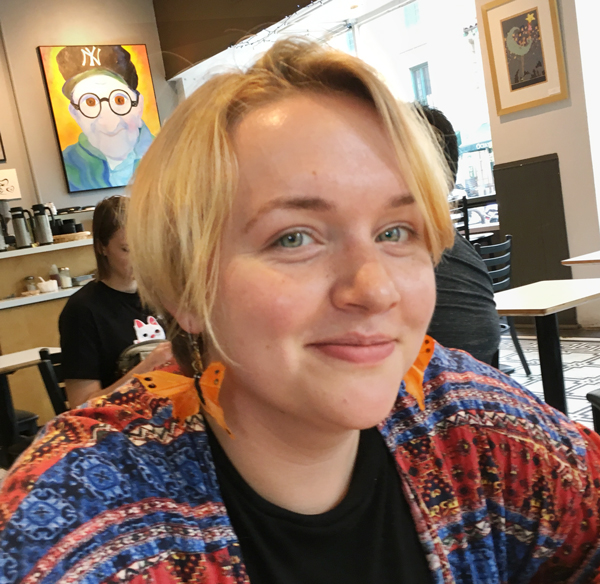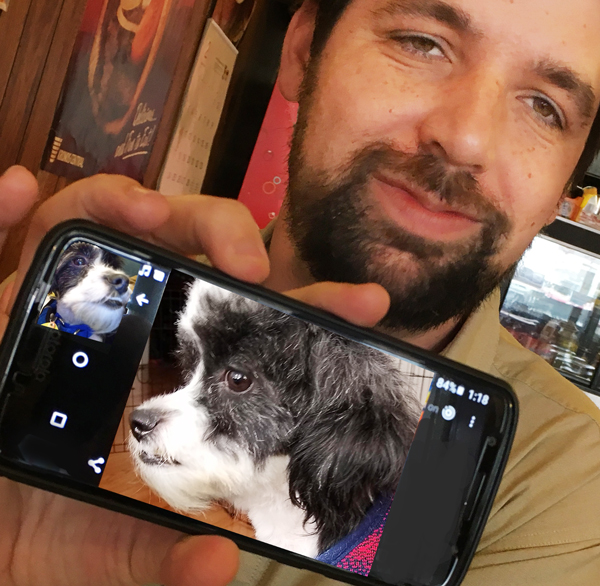Mabel, Bob and the Puppets
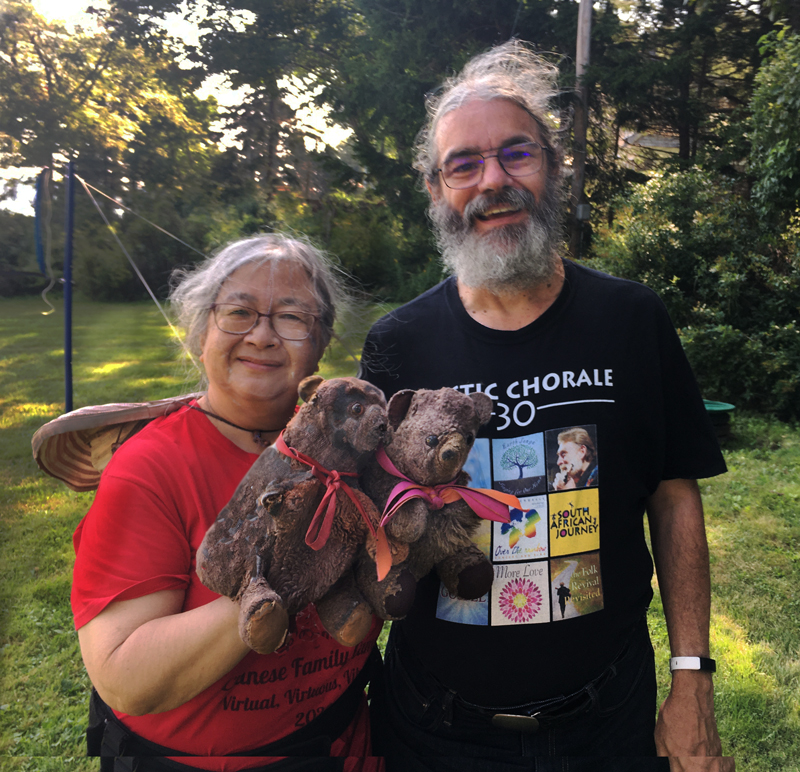 You can be forgiven for thinking, at first glance, that these hand puppets are teddy bears.For more than forty years the hand puppets have accompanied Mabel and Bob through airports, restaurants, memorial services, clam bakes and around the neighborhood. “Almost everywhere except job interviews.”
You can be forgiven for thinking, at first glance, that these hand puppets are teddy bears.For more than forty years the hand puppets have accompanied Mabel and Bob through airports, restaurants, memorial services, clam bakes and around the neighborhood. “Almost everywhere except job interviews.”
They’ve traveled hither and yon jutting out of backpacks and tote bags carried by their humans who refer to them as ‘the meeps’ because that singular sound is the basis of their very limited vocabulary.
They are tools of communication that express sentiments words alone can’t capture.
They help bring confrontations down a notch. They call out bullshit. With a shake of the head they can offer advice without judgement. And for being stuffed animals they are surprisingly discreet – they’ve learned that Bob or Mabel need to be left alone at times.
The puppets both answer to the same given name – Meep – but they are as different from each other as from you and me. They’re not siblings or in any way related by blood. They’ve never shown romantic interests in each other (or other hand puppets for that matter).
As is well known, puppets sometime quarrel with their puppeteers and with each other. After all, there are six possible combinations of opinions between these two humans and their meeps. But apologies are given and accepted quickly, and grudges fade within days.
The enduring relationships started when Mabel Liang and Bob Leigh attended their five-year reunion at Harvard. There is no favoritism between the four of them. To this day, the humans and their meeps attend to each others’ needs without question.
In puppet years, Meep and Meep are getting on in age. But despite patches of missing fur which have been attended to, there is no sign that they’re slowing down.
Hand puppets are a resilient lot.![]()
